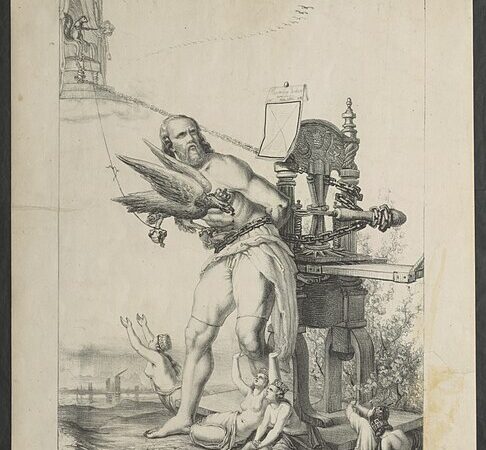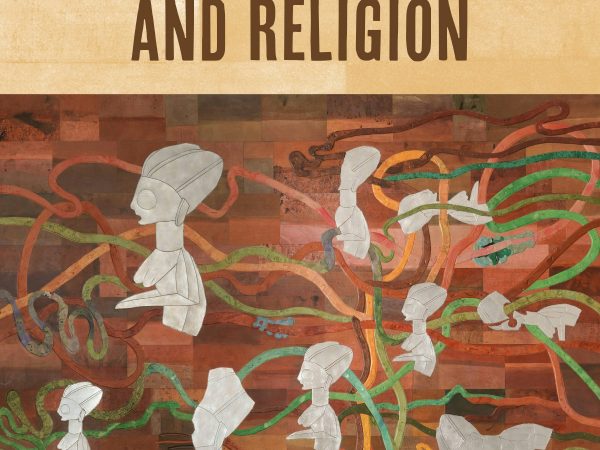
The planetary activities that spill out beyond the shape of any single form of life, full of uninvited faces, are what Sylvia Wynter calls the “necessary and indispensable preludes” to the emergence of our new self-awareness, to the development of new forms of life.

For Marx, religion is more than “the opium of the people,” it is the mirror of society turned upside down. This essay examines Marx’s critique of religion as well as his critique of other contemporary critiques of religion. This critique of religion became the starting point of his critique of political theology and, later, political economy.

How would the politics of atheism be enriched and deepened by attending the perspectives of children? And how might making space for children shift our conceptualizations of ‘the political’?

What is the role of atheism in bringing hope to troubled times? Controversially, I/Stacey stress(es) that atheism too often reproduces the transcendence it claims to reject. Instead, bringing insights from my/his time among activists, I/he argue(s) that a good atheism must be in touch with immanence.

To think of this empire as anything other than wrapped up in mimesis is to think otherwise. This essay explores how mimesis has captured us all and conscripted us into its political ontology. This essay offers another way to consider being; another way to find ourselves with the introduction of Jesus as a Political Atheist.






